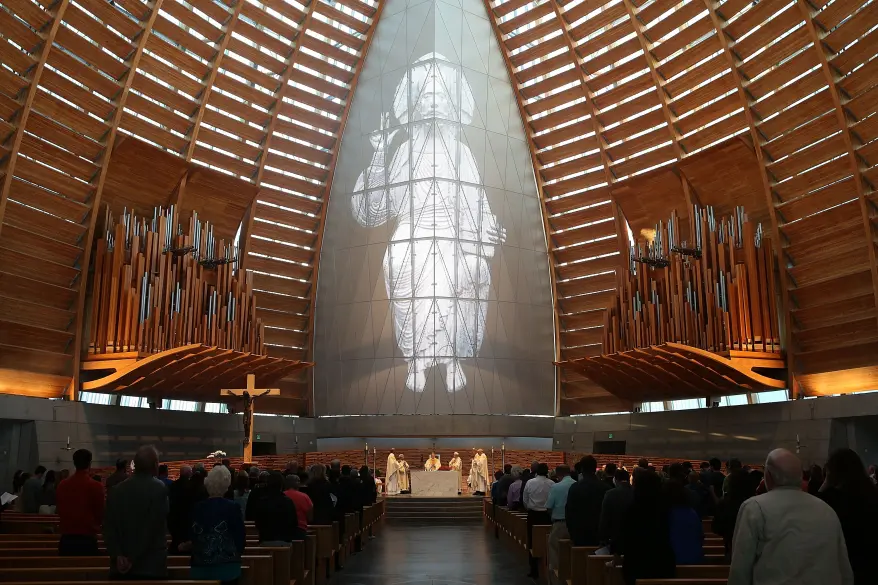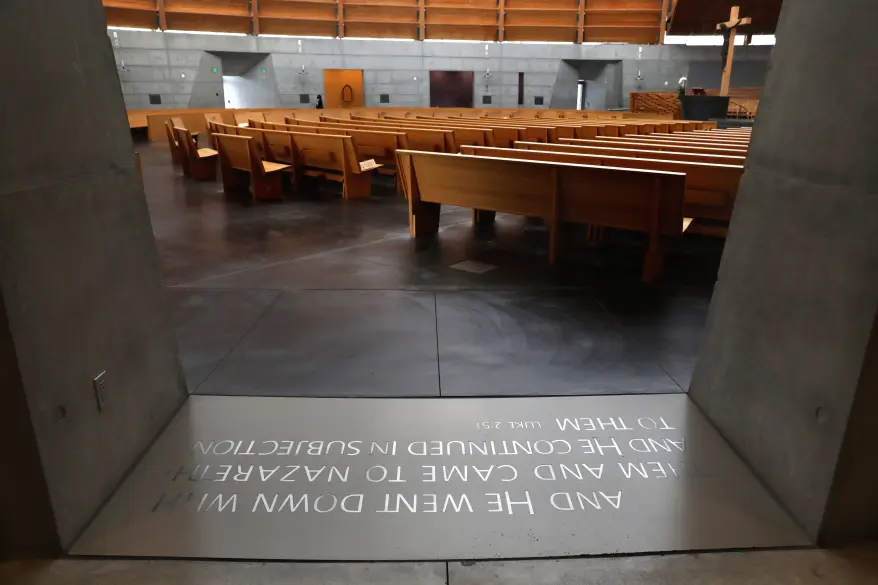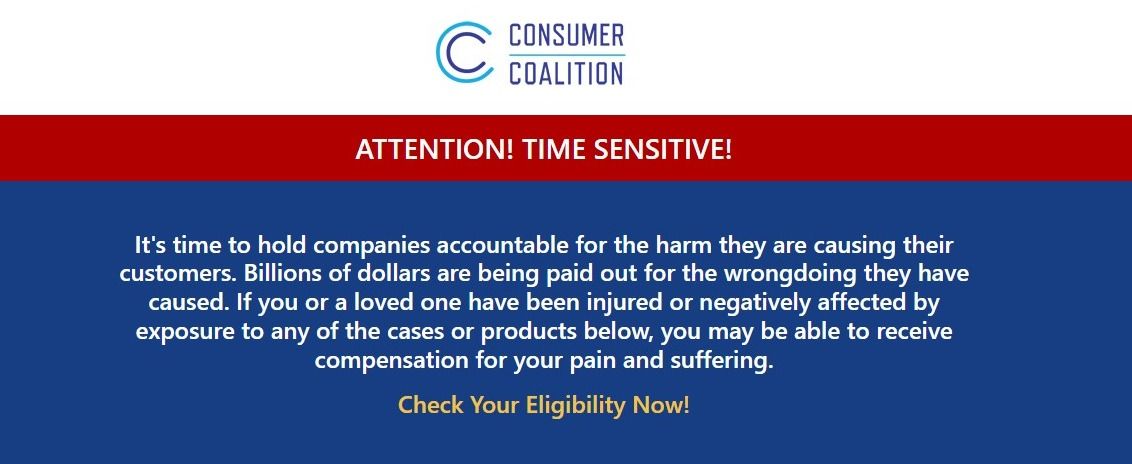Catholic Diocese of Oakland Files for Bankruptcy Amid 330 Sex Abuse Lawsuits

The Catholic Diocese of Oakland in California has filed for bankruptcy in the wake of 330 sex abuse lawsuits filed against the diocese. The majority of the claims relate to abuse cases that occurred in the 1960s, 70s, and 80s by priests who are no longer active in ministry or are deceased. The bankruptcy will allow the diocese to stabilize its finances while addressing the claims made by survivors of abuse.

Bishop Michael C. Barber explained in a letter to parishioners that the diocese believes that filing for bankruptcy is the best way to ensure a fair and equitable outcome for survivors of the abuse. The bishop also emphasized the importance of taking responsibility for the harm that has been done and providing support to survivors as they continue to heal.

The filing comes as the Catholic Church deals with an aging clergy and a drop in attendance, with mass attendance in California dropping by 42% in 2021. The diocese has said that the bankruptcy will not affect Catholic schools that operate within its jurisdiction, as they are separate legal entities.

The Survivors Network, known as SNAP, has criticized the bankruptcy filing as an attempt to deny justice and transparency to survivors. The group has accused the diocese of attempting to keep money and secrets by minimizing and covering up child sex crimes. It called the diocese a "morally bankrupt" organization that does not deserve to be declared financially bankrupt.
The Catholic Church has been under heavy scrutiny in recent years over allegations of sex abuse by priests dating back decades and alleged efforts by the church to cover it up. The Diocese of Oakland serves two counties in the East Bay region and includes around 550,000 Catholics in 82 parishes.

California has allowed time-barred and expired cases to be filed by alleged survivors, leading to the lawsuits against the diocese. The state's Assembly Bill 218 temporarily lifted the statute of limitations on civil lawsuits against any institution accused of enabling abuse. The church has stated that it could not shoulder the burden of litigating the hundreds of cases filed against it.

In conclusion, the bankruptcy filing by the Catholic Diocese of Oakland is a significant development in the ongoing controversy surrounding allegations of sexual abuse within the Catholic Church. While the filing is aimed at addressing the claims made by survivors and stabilizing the finances of the diocese, it has been criticized by some who believe it is an attempt to avoid transparency and justice. It remains to be seen how the bankruptcy proceedings will impact survivors of abuse and the wider Catholic community.


